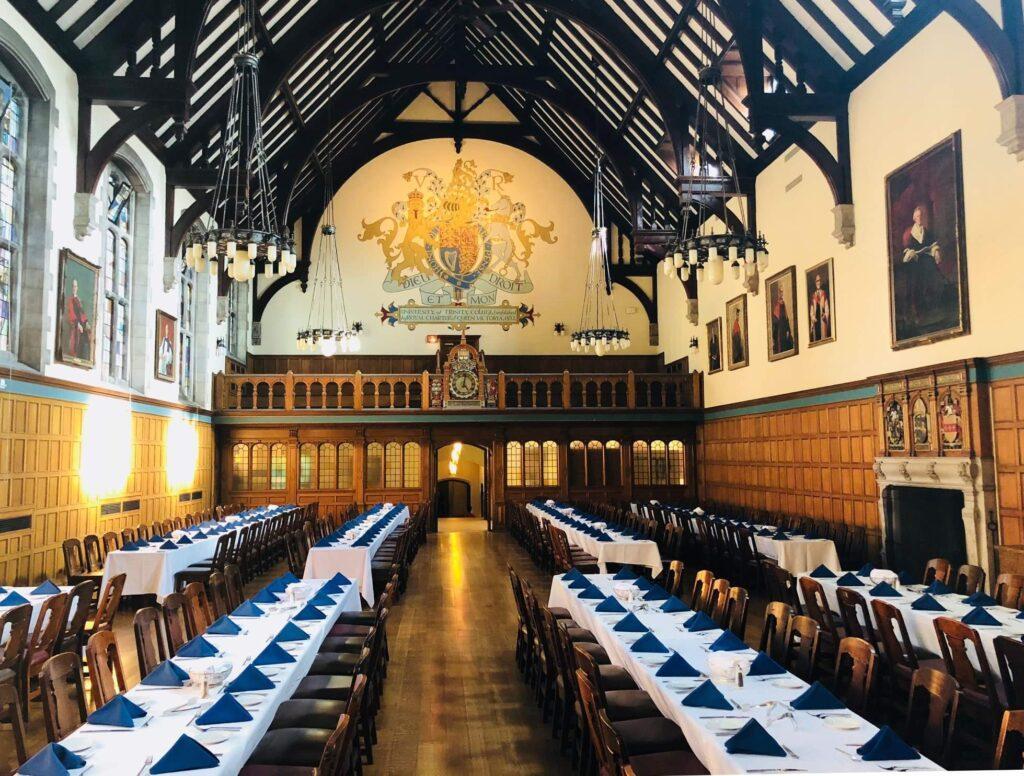Research Your Future
What makes a University good is ultimately in the eye of a student. Choose the institution of your choice based on your criteria. We rank the colleges based on academics, attributes and public opinion. We ask that you be the architect of your own future. You may want to go to college directly or do online courses (some of the items below are exclusively on-campus attributes). Additionally, you may have a world class university near your home.
Below is a list of University attributes worth researching.
Is the prospective school well-known worldwide? Attending a school with a good reputation lends itself to initial employment. Once the years pass after graduation, experience and your reputation will supersede your school’s reputation…but this takes time. Going to a good, highly rated school helps with initial employment and advancement. Check our ranking as well as those of others.
Determine if your prospective school has the equipment to teach you the subject matter appropriately. How extensive is their library? What specialized equipment do they use in teaching?
The Quality of Professors/Teachers/Instructors/tutors is one aspect which makes a degree college good or bad. Many Universities have Nobel Prize winning PhDs on the floor. Determine if a prospective college is academically good via teacher credentials and research being conducted. Do you think it would be valuable to learn from them?
What do you want to take? Does the prospective university offer such a program? Are student reviews of the program favorable?
- Co-Op
Does the school you wish to attend offer work placements as part of their curriculum? This can be a fantastic way to earn money and also make yourself employable. Gain experience while studying.
Do you want to live on campus or off campus? What is the availability and the cost of accommodation at your prospective college?
- Sororities and Fraternities
Interested in joining a Sorority and Fraternity? Some colleges have them. Some colleges don’t. Contact your prospective college for more information.
- Location
Some students want the city life and also want a multicultural institution while other students may prefer to be in the outback with nature. Universities can offer both experiences…just not at the same location. Big cities offer big attractions. Rural Universities offer big outdoor experiences.
- Campus Amenities
Amenities include stores, restaurants, bars etc. Larger institutions have more amenities on-campus while smaller institutions force you to go off-campus.
Some Colleges offer high class dining experiences in vaulted historic halls. Some colleges have cafeteria dining where you slide a plastic tray across steel bars and pay at a cashier. Consider also cost here.

These activities may include clubs associated with a field of study, recreational sports, and volunteer groups, and sororities/fraternities. Once again larger institutions may offer more choices, but can also be intimidating and less personable.
What does your college offer in the way of fitness facilities? What sports programs does it offer? Can you get a scholarship?
- Campus Safety
Is your prospective college safe? This is worth googling for your prospective college(s).
Partying at colleges is a way to relive stress after exams. A vent if you will. Some Colleges have established social life and parties.
- Demographics
Many schools publish demographic information, such as gender, race, and religion. Typically big cities have greater diversity within their colleges.
Some schools have more crime. Big cities often facilitate more crime on campus.
- Transportation
Is public transit available at your prospective college? Do they offer college shuttle buses. How will you get around. Where do you want to go? How can you get there?
- Religious attributes
Many colleges have religious affiliations. Some colleges focus on religion whereas others focus on academics.
- Overall Cost
Many Universities cost more with the prospect to have higher earnings potential….but not necessarily.
See Declining Enrollment , Low Cost Education , Economical Colleges
Some schools are more likely to hand out student aid than others in the form of bursaries and grants. Most colleges have programs to help students. Loans are available to those in need. Working through college is a great way to get out and meet new friends while reliving the stress of academic pursuits.
Navigation
